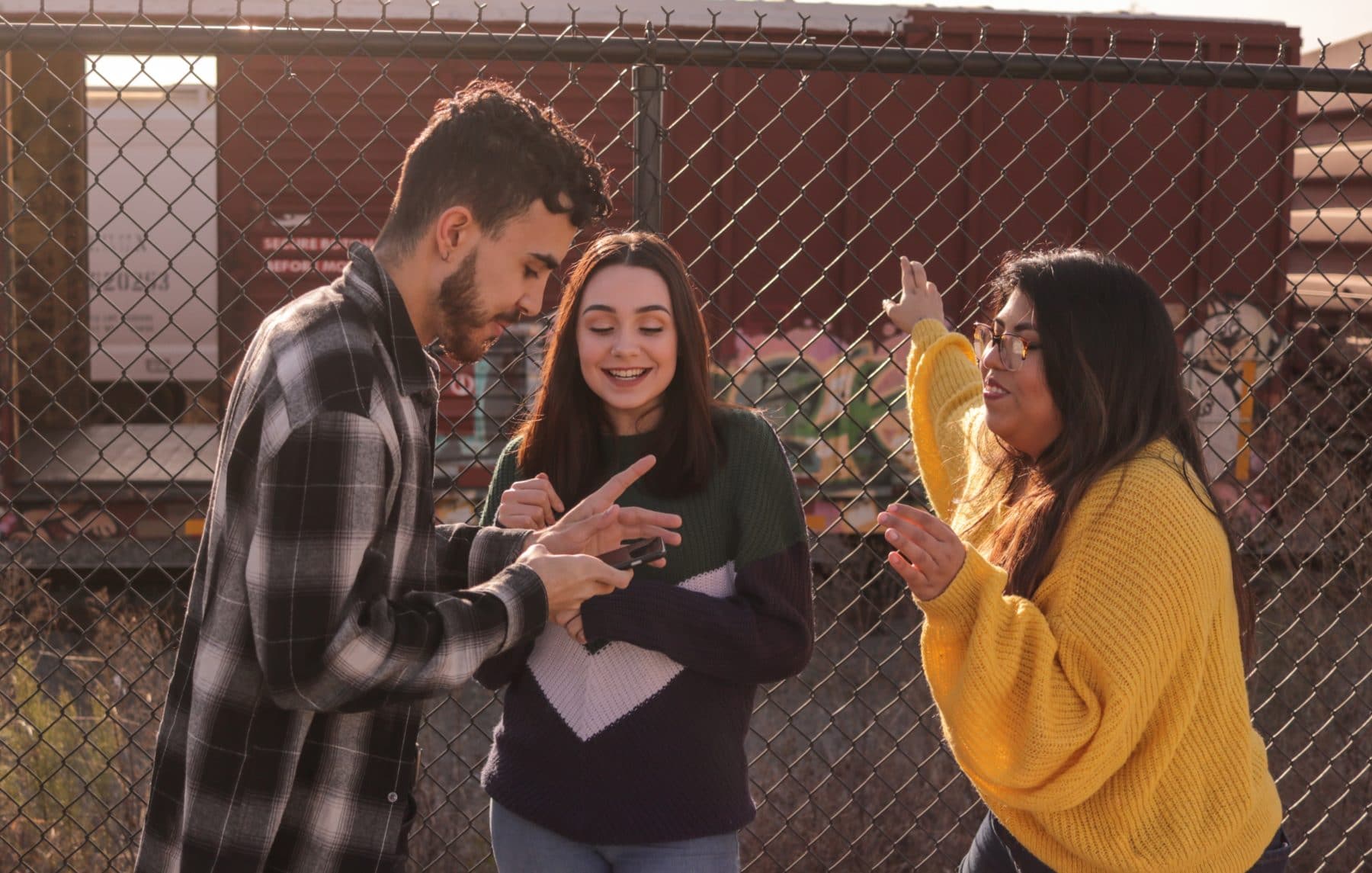Kids do drugs. But parents and caregivers often avoid addressing this reality. Globally, drug use is concentrated amongst younger people and the World Health Organization has identified them as a priority population. Similar to the stereotypical dread some parents feel about “the sex talk,” those who care for teens can be at a loss for words when it comes to alcohol, nicotine or other drugs—or only know the language of prohibition.
And some teens don’t like this, according to a Harm Reduction Journal study published April 5. It found that “Zero-tolerance approaches were identified as unhelpful and unresponsive, while approaches that were aligned with harm reduction principles were viewed as relevant and supportive.” Eighty-three young people from British Columbia in Canada, including urban, suburban, and rural areas, were interviewed by researchers about how their parents engage with them about drugs.
Listen up, parents: The teenagers have spoken.
1. Drinking Alcohol With Family Can Encourage Some Teens To Learn Their Limits
Teens from urban and rural regions described drinking varying amounts with parents and other family members. For one person, this approach was “more realistic and reasonable expectations [sic] of young people.”
Another elaborated:
“I mean like my parents, they did a good job, they did not say ‘okay, no alcohol for you at all,’ they kinda like they started me off with it, like ‘you can have a glass of wine with dinner.’ So occasionally, after work on the weekend, I would have like a long day in the sun, in the sun, right? Kind of working outside, so like, ‘here, sit down I’ll get you beer,” right? So we have a beer and watch the hockey game.
Participants who tended to associate drinking with people their own age expressed that the limits set by parents for drinking with family trickled into their relationship with alcohol elsewhere in their life.
“I don’t really have the need to go out and just get piss drunk … it’s not like ‘okay, I just wanna drink just for the purpose of getting wasted.’ I don’t have that,” one participant said.
The teens interviewed found “getting ‘tipsy’ in a safe setting” to be more enjoyable—in contrast to binge drinking, which was associated with party settings with peers.
For other participants, particularly those living in more rural areas that are majority-Indigenous, intergenerational parties (which were not observed in the city) where parents’ own problematic use was highlighted sparked them to choose abstinence.
One said, “I don’t do that stuff because my dad told me that he went to jail that one day when he did it once, then he told me not to do it … told me not to drink or anything.” Another explained their abstinence by citing their mom, whom they described as an “alcoholic.”
They “think I’ll turn out like my mom and stuff. They think I’ll be like her, drink and do drugs, and be a troublemaker too and stuff, but I’m nothing like her.”
2. Explicit or Implicit Zero-Tolerance Attitudes From Parents Appear “Disconnected”–And Can Isolate Struggling Teens
Some of the participants found that parents who forbid substance use also refuse to speak about it. This led to a denial of the teens’ realities.
“My mom didn’t really know what was happening and neither did my dad,” said one participant. “But my sister did and she tried telling my mom—but mom’s like ‘oh no, [name of participant] would never do that.’”
One participant reported that her grandfather “was starting to like, disown me—he didn’t want to be around me” before she became abstinent.
It’s true, though, that sometimes a parent’s abstinence approach rubs off on their child.
“I’ve been offered a lot of times, I’ve been tempted to, but I always think that you know, I can’t cause my parents don’t, and they expect me not to,” said one participant.
3. A Parent’s Substance Use Disorder Does Not Predetermine a Teen’s Relationship With Drugs
In the region dubbed “The North” by researchers, which is predominantly Indigenous, problematic substance use is recognized as widespread. Given high rates of addiction in Indigenous communities, some parents strictly forbid use, while others will assist their children with purchasing alcohol, “as long as [they are] responsible.”
“You can’t chain a dog to a porch,” said one participant. “So he’s saying that it’s like a metaphor like, you cannot stop kids from doing what they do when they are out with their friends, like you have no idea what they could do. And so many parents do not know anything about what their children do, and with my dad, because we are so close he knows what I do and he trusts me a lot.”
4. For Parents and Teens, Harm Reduction Encourages Open Dialogue–But Also Requires Accountability
According to the study, some Canadian teens valued the ability to have honest discussions that were not overshadowed by “being afraid of the consequences.” They were sick of “scare tactics” used—but that doesn’t mean the teens wanted their parents to abandon all concern about their use.
“Youth reflected that parents being too ‘lenient’ about substance use was also unhelpful,” noted the study, “and did not support youth to use within limits. One participant from The North who described drinking alcohol frequently stated she was ‘sick of it’ but found it difficult to reduce her consumption, as her parents ‘don’t really care about what I do. I could go home drunk and they won’t do anything.'”
In the city, a participant described what happens when parents take an overly laissez faire approach: “the parents don’t care, the parents think it’s fine … and the kids just don’t learn.”
Photograph: Eliott Reyna via Unsplash





Show Comments